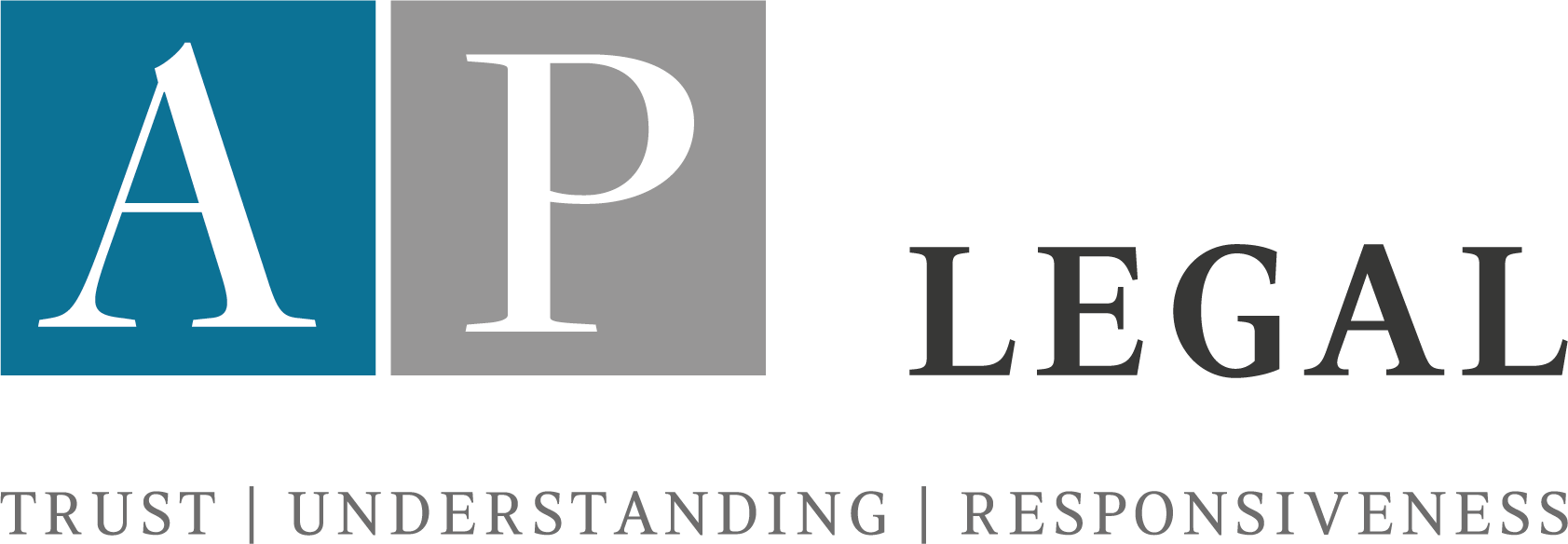The new law incorporates into Greek legislation the Directive (EU) 2018/843 (L 156) and Article 3 of Directive (EU) 2019/2177 (L 334) and strengthens the legal framework for preventing and combating the phenomenon of money laundering and terrorist financing, by expanding the possibilities for cooperation between the competent authorities, as well as access to registries and available information.
Specifically, its main objectives are:
• The establishment of minimum rules for the definition of criminal offenses and penalties related to money laundering;
• The removal of barriers regarding cross-border judicial and police co-operation by enacting joint provisions to improve the investigation of money laundering offenses;
• The alignment with relevant international obligations, in particular those arising from the Council of Europe Convention regarding laundering, investigation, seizure and confiscation of products deriving from criminal activities and terrorism financing (Warsaw Convention) and the related recommendations of the Financial Action Task Force (FATF).
The regulations adopted concern, inter alios, credit institutions, insurance companies, leasing companies, credit and loan management companies, investment services companies, real estate investment companies, chartered accountants companies, real estate agents, casino companies, gambling companies, notaries and law firms, external tax accountants and any other person undertaking to provide, as a main professional activity, either directly or through other related parties, material assistance and general advice on tax matters.





